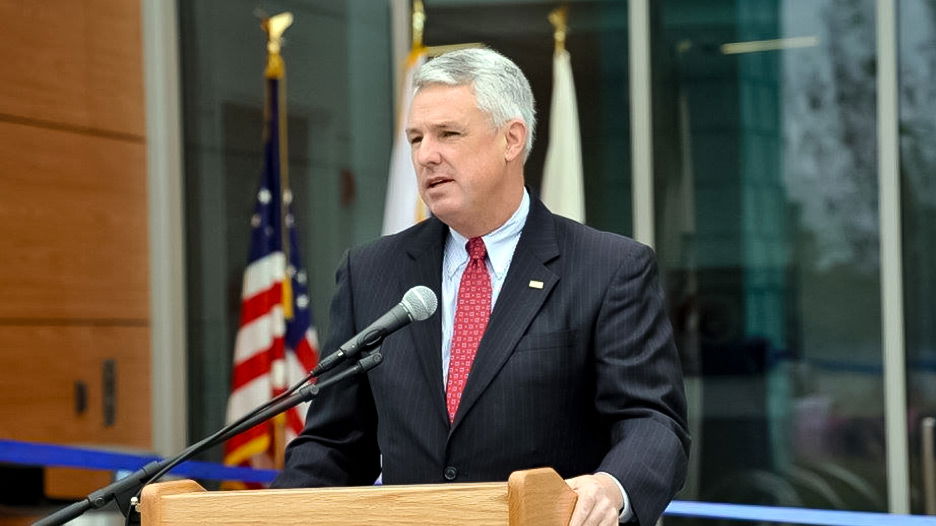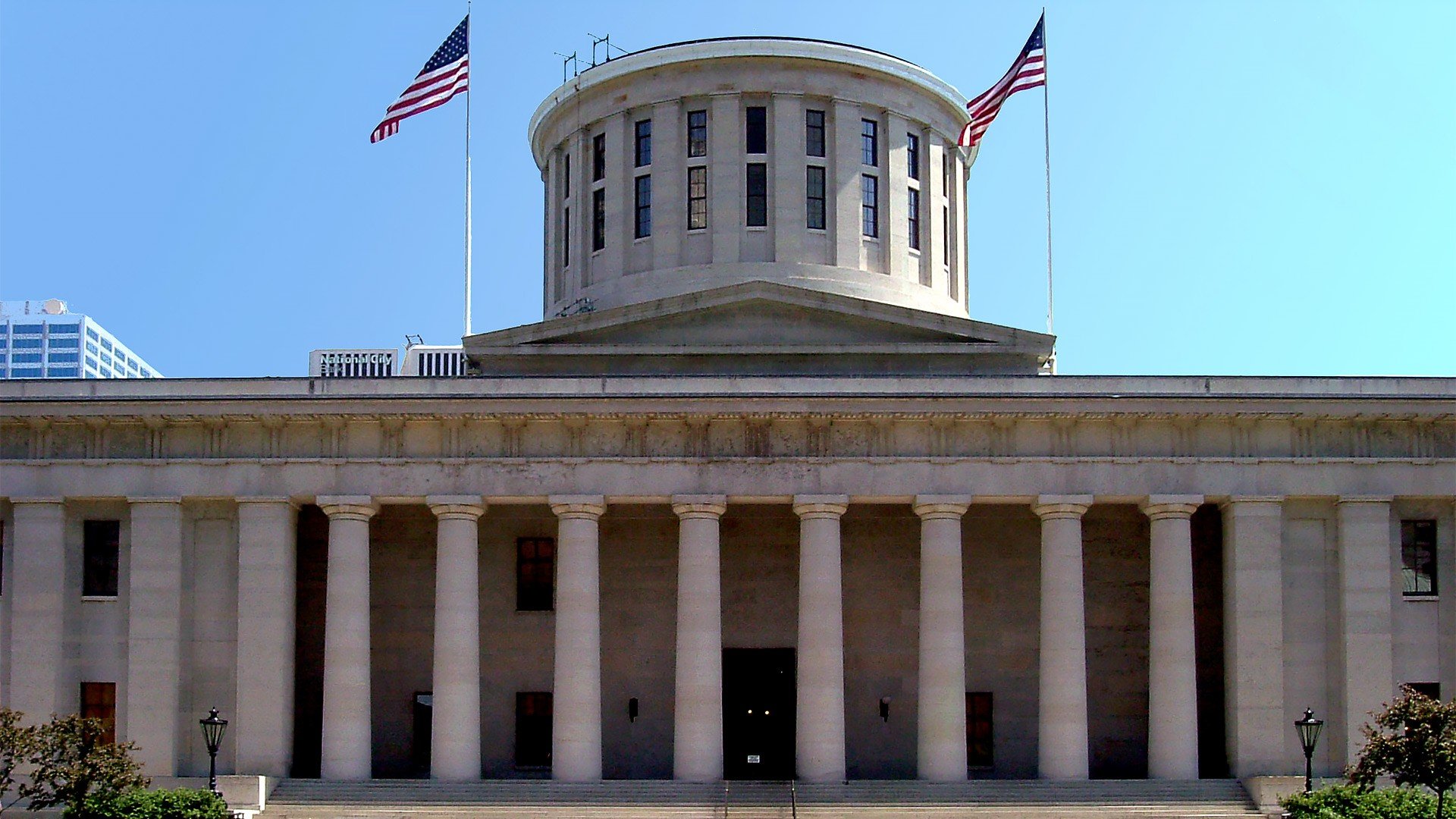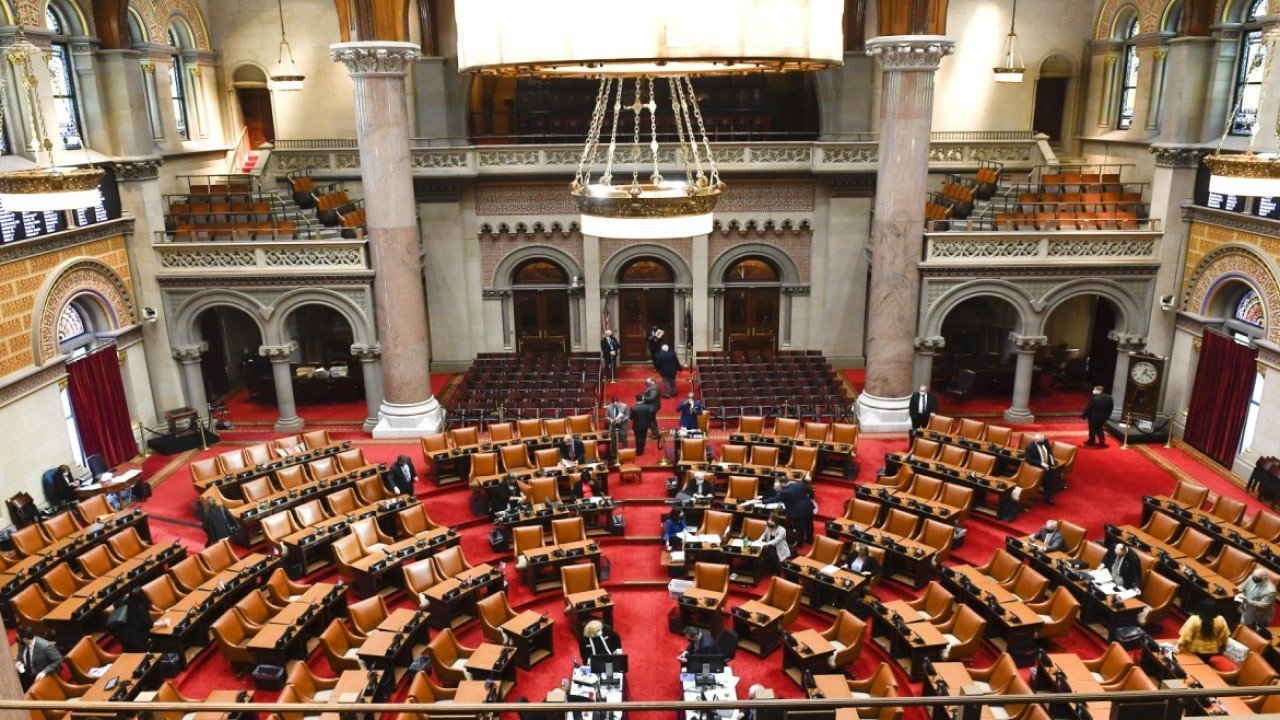Massachusetts considers sweeping changes to sports betting regulations, includes higher taxes, betting limits

Massachusetts lawmakers are weighing considerable changes to the state's sports betting industry under a newly proposed bill that seeks to impose stricter regulations on operators and players alike.
Filed on January 17 by State Senator John Keenan, the bill, titled 'An Act Addressing Economic, Health and Social Harms Caused by Sports Betting', aims to introduce affordability checks, eliminate in-play betting, and substantially increase tax rates on digital wagering operations.
Massachusetts currently maintains some of the strictest sports betting regulations in the country. The existing framework already prohibits wagers on in-state college teams unless they are competing in tournaments, bans prop bets on collegiate athletes, and requires a thorough vetting process for operators, including a $1 million annual licensing fee. Despite these measures, the new proposal would take oversight even further.
If passed, the bill would increase the state’s online betting tax rate from 20% to 51%, aligning it with New York’s industry-high rate. Senator Keenan had previously sought a similar tax hike in 2024 through a budget amendment, but it was ultimately rejected by lawmakers.
In addition to tax increases, the proposal calls for imposing strict financial limits on bettors. Under the new framework, individuals would not be allowed to place more than $1,000 in bets per day or exceed $10,000 in wagers per month without undergoing an affordability check.
These checks would ensure that a player’s bets do not surpass 15% of their available bank balance. If implemented, Massachusetts would become the first state in the nation to enforce such measures.
The bill also proposes further changes to marketing practices within the industry. Advertising during televised sporting events would be banned, and operators would no longer be allowed to compensate VIP hosts based on the wagers or deposits of customers. Additionally, mandatory contributions to responsible gambling initiatives would double from $1 million to $2 million per operator.
The proposal has drawn comparisons to the federal Supporting Affordability and Fairness with Every Bet (SAFE Bet) Act, introduced last year by U.S. legislators Rep. Paul Tonko and Sen. Richard Blumenthal. Like Keenan's bill, the federal legislation sought to regulate advertising, implement affordability checks, and restrict certain betting practices nationwide.
The SAFE Bet Act faced pushback from industry stakeholders, who argued that the proposed measures were too restrictive and could hinder the market’s growth.
Meanwhile, Mississippi is exploring an expansion of its sports betting sector. Representative Cedric Burnett has introduced HB 682, a bill that would allow statewide digital sports betting. Mississippi, which launched retail sports betting in 2018, has previously considered similar measures but has yet to approve an online framework.
Under the proposed bill, licensed casinos would have the option to offer digital wagering either independently or through third-party service providers. The bill, which does not currently allow standalone platforms, includes provisions for esports wagering and an 8% tax on gross gaming revenue exceeding $134,000 per month.
Nebraska lawmakers are also revisiting the issue of digital sports betting expansion. Senators Eliot Bostar and Stanley Clouse introduced a pair of bills on January 17 that would seek voter approval to expand betting beyond physical locations.
If approved, racetrack operators could apply for online sports betting licenses at a cost of $5 million, payable over five years. The proposed legislation would also remove existing restrictions on betting on Nebraska-based teams playing at home.
If the Nebraska bill is passed, tax revenue from digital sports betting would be directed primarily to the state’s property tax relief fund, with a portion allocated to regulatory and responsible gambling initiatives.


















































